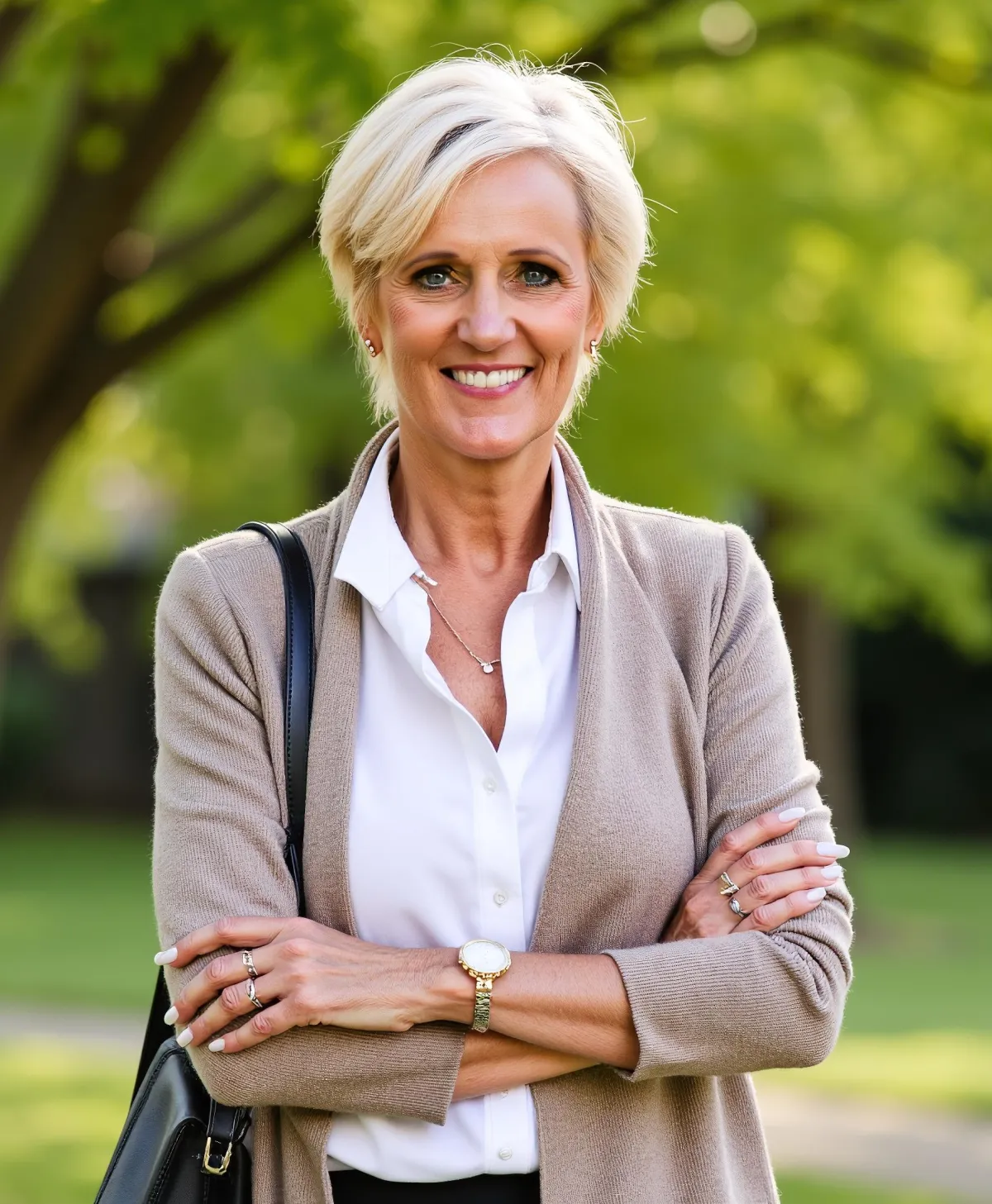
Mastering
Decision Making
Strategies and Skills for Effective Choices

Decision making is a crucial part of everyday life. It influences our actions, helps solve problems, and leads us toward achieving our goals.
This course aims to provide a comprehensive understanding of decision-making processes, providing participants with practical tools and techniques, implanting and developing stronger decision-making skills.
We all see people who seem so confident with the decisions they make, the speed with which they make them and the thought that goes into these decisions.
Firstly, let’s be clear, confident decision making is a learned skill. What is key is that we reflect before we react.
Because effective decision making enables entrepreneurs to see through the uncertainty and complexity of starting and running a business.
As business owners or leaders, we are often placed in dynamic and competitive environments where quick, well-informed decisions can mean the difference between success and failure. This could be:
Choosing a business model.
Entering a new market.
Pivoting a product strategy.
Making in house changes.
Dealing with staffing issues.
Making the right decisions at the right time allows us to make the most of opportunities, stay ahead of competitors, and adapt to changing market conditions.
Poor decision making, on the other hand, can lead to wasted resources, missed opportunities, and ultimately damaging setbacks.
Mastering decision making makes us more resilient, thereby increasing the chances of long-term success.
There are so many different elements to running a business, from finances and operations to marketing and human resources.
Effective decision making helps us prioritize tasks, allocate resources efficiently, and solve problems proactively.
In our personal lives making informed and thoughtful decisions helps us achieve our personal goals and aspirations. This could be choosing a career path, making financial investments, or deciding on lifestyle changes.

Effective decision-making ensures that we consider all relevant factors, weigh the pros and cons, and select the best course of action.
This careful approach minimizes the likelihood of regrettable mistakes and increases the chances of achieving desired outcomes. It also leads to better relationships and mental health.
Personal decisions often affect not just ourselves but
also our family, friends, and loved ones.
Making considerate and well-communicated decisions helps build trust, reduce conflicts, and strengthen relationships.
Informed decision making :
Guides Actions:
Decision making helps us choose the right actions to take.
By deciding, we can move forward with a clear plan and purpose.
Solves Problems:
When faced with challenges, making decisions allows us to find solutions
and overcome obstacles, improving our situation.
Saves Time & Resources:
Good decisions help us use our time, money, and energy wisely.
This prevents waste and ensures we get the most benefit from what we have.
Reduces Stress:
Having a clear decision reduces uncertainty and stress.
Knowing what to do next can make us feel more in control and less anxious
Boosts Confidence:
Making decisions, especially successful ones, boosts our confidence.
It helps us trust our judgement and feel more capable in handling situations.
Improves Relationships:
Clear and thoughtful decisions can improve our relationships with others.
It shows responsibility and consideration, which builds trust and respect.
Achieves Goals
Decisions help us set and achieve our goals.
By choosing the best path, we can reach our desired outcomes and succeed in our endeavours.
Adapts to Change:
Decision making helps us adapt to changes and new circumstances.
It allows us to respond quickly and effectively to new opportunities and challenges.
In the business world, it allows us to make Strategic Decisions:
Strategic decisions are high-level, long-term choices that shape the direction and goals of an organization or individual.
Tactical Decisions:
Tactical decisions are medium-term choices that help implement strategic decisions.
They are more specific and involve the allocation of resources to achieve strategic goals.
Operational Decisions:
Operational decisions are short-term, day-to-day choices that ensure the smooth
functioning of an organization or individual's routine.
Taking place over 9 in depth delivered modules with accompanying workbooks including
quizzes, checklists, guides and worksheets.
Mastering Decision Making is a comprehensive programme that
works for both corporates and small businesses.
Module 1 – Introduction to Decision Making
In this module, we'll explore the importance of decision making and common pitfalls to avoid.
Understanding these foundational concepts sets the stage for developing strong decision-making skills.
Module 2 – Understanding the Decision-Making Process
In this module, we'll explore the structured decision-making process, emphasizing the importance of a systematic approach to ensure thorough and objective decisions.
Module 3 – Identifying and Defining the Problem
In this module we address accurate problem definition and why it is crucial for effective decision-making. It ensures that efforts are focused, solutions are relevant and effective, and resources are used efficiently.
Module 4 – Gathering and Analyzing Information
Who is going to be in your team doing the work?
What are the key roles in the agency?
How will you handle remote working? How will you bring your team together?
How to recruit a diverse and superstar team.
PAYE vs Freelancers – Pros and Cons and the right balance.
How do you find and onboard the best people for the job.
Module 5 – Generating and Evaluating Alternatives
In this module, we explore criteria for evaluating options and methods for weighing pros and cons to make informed decisions.
Module 6 – Making the Decision
In this module we look at why avoiding analysis paralysis requires setting clear objectives, limiting information gathering, prioritizing criteria, using decision-making tools, delegating tasks, embracing imperfection, and implementing a structured process.
By applying these strategies, you can make timely and effective decisions.
Module 7 – Implementing the Decision
In this module we cover why communicating decisions effectively involves clearly defining the decision, identifying key stakeholders, choosing appropriate communication channels, providing detailed information, encouraging feedback, and following up regularly.
This ensures that everyone understands their roles and responsibilities, leading to smooth implementation and success.
Module 8 – Decision-Making in Groups and Teams
In this module we study why building consensus involves defining the objective, facilitating open dialogue, exploring all options, using decision-making tools, addressing concerns, testing for agreement, making a final decision, and ensuring commitment.
This collaborative approach leads to decisions that are supported by the entire group, increasing the likelihood of successful implementation.
Module 9 – Improving Decision-Making Skills
In this final module we explore why continuous improvement strategies like PDCA,
Six Sigma, Lean, and Benchmarking are essential for enhancing processes, products, and services.
These methods help organisations adapt, grow, and maintain a competitive edge.
Effective decision-making is a process that requires a blend of analytical skills,
creativity, and continuous learning.
By applying the principles and techniques covered in this course, you can enhance
your decision-making capabilities, leading to better outcomes and sustained success
in both your personal and professional life.
Mastering Decision Making provides you with the tools and the strategies that are
invaluable for entrepreneurs, leaders and people, due to the unique challenges
and responsibilities faced in building, growing and sustaining
a profitable and inclusive business.

Meet Debbie
Debbie is a certified business strategist who can identify and develop workable, resilient strategies.
Debbie Mentors and Coaches individuals, teams and businesses at all stages, and of all sizes, making her the ideal Strategist who can support you flourish.
Debbie successfully established and managed several businesses over the past 35 years, in addition to 24 years in Further Education, leading on courses aligned to employment and market needs were strategic to her senior management role.
Her passion for developing, coaching and supporting others progress she now Mentors, Coaches and delivers training in various FE colleges as well as clients with TBSC.
With strong links to the current education and employment landscape, continued understanding of business growth and sustainability, this makes her the ideal Business Strategist to support you.
Your success is a call away.
